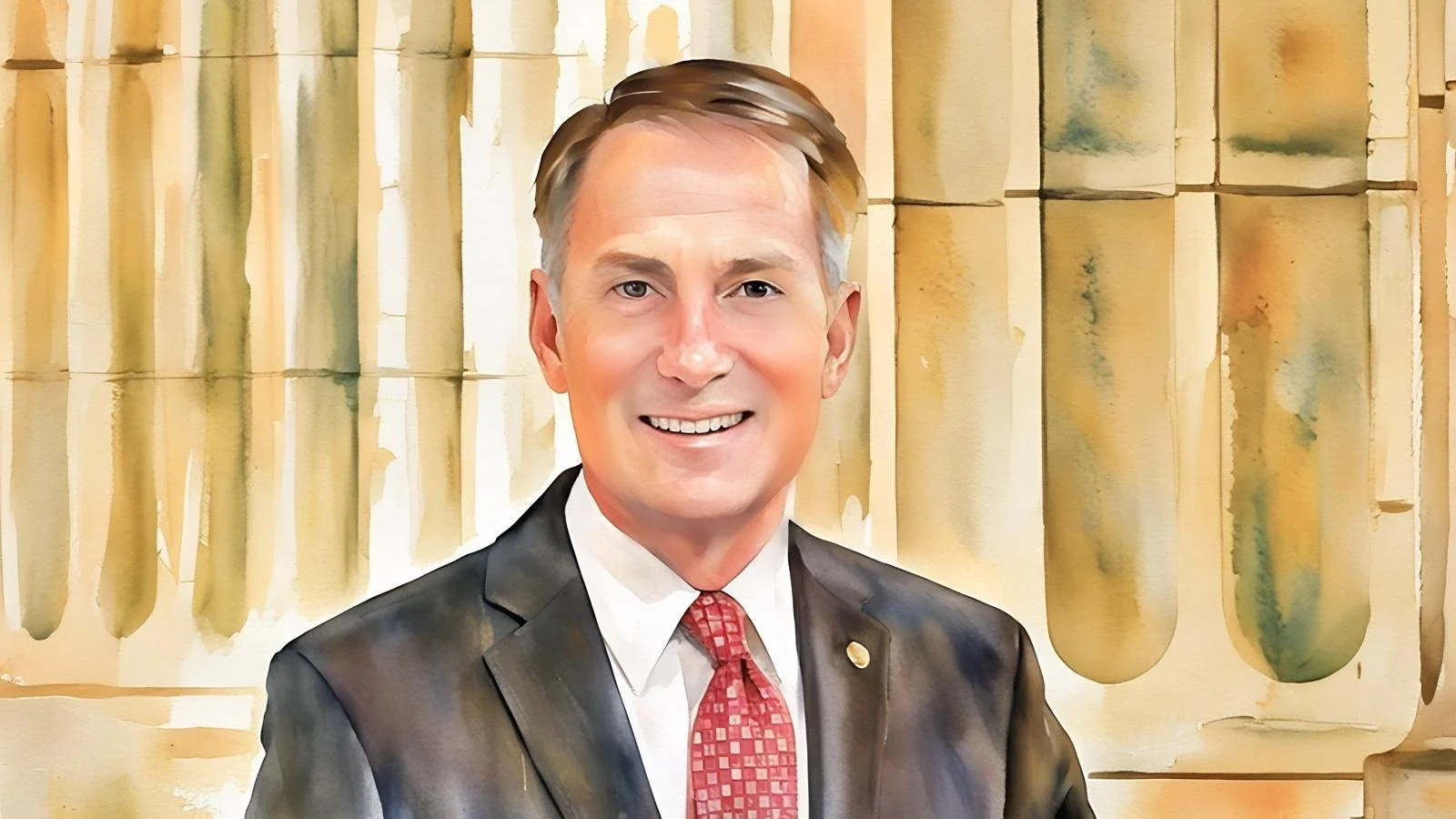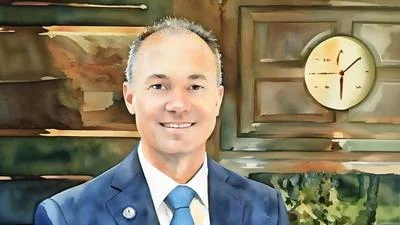Senator Lankford has represented Oklahoma in the U.S. Senate since 2015, with experience as a former youth pastor and a reputation for being solutions-oriented. He serves on the Senate Intelligence Committee and has been involved in Middle East policy, advocating for strengthened ties with Israel and regional diplomacy.
According to Lankford, criticism is part of the job. “The only thing you can be guaranteed of when you're elected to office is criticism,” he says. “We were elected to solve hard things. They are hard, and so they're controversial.” Lankford believes political leaders often avoid offering solutions because “solving problems creates some division among people.” He insists lawmakers address the hard subjects "so that a decade from now, we're not still talking about the same thing.”
A recent trip to the Middle East took him to Baghdad, Erbil, Beirut, Amman, and Jerusalem. The goal, he says, was to assess the region’s status, engage allies, and understand where U.S. involvement could make a difference. “We still have troops on the ground in Iraq. We have troops on the ground in the Kurdish regional government area… We are still fighting ISIS,” he says. “ISIS is still on the ground in Syria and still working actively in the region to be able to establish their own dictatorship.”
Lankford believes the U.S. must stand with its allies, and raises the issue in relation to Israel. “Should the United States stand with Israel or should the United States say that's Israel's problem, they can live or die on their own?” he asks. “When someone attacks my friend, I'm not going to just say my friend can do it on their own. I'm going to stand with my friend.”
His perspective is strategic, but also spiritual. “I read Genesis 12 literally,” Lankford says. “That was to bless Israel or bless those who curse Israel or curse… I do take that very seriously.” He sees no disconnect between biblical Israel and the modern state. “I look at this as the Jewish people and the Jewish nation and I continue to be able to see that same exact line.”
In Lebanon, he sees a surprising beacon of hope. “I left the most hopeful that I've left Lebanon in a very long time,” he says. The new Lebanese leadership, he explains, is working to disarm Hezbollah and Palestinian militias, reclaim control of its own institutions, and re-establish a single national military. “The Lebanese Armed Forces are rising up, disarming Hezbollah actively,” he says. “They made very clear statements… that the Lebanese Armed Forces is the only military that's there.”
He credits recent progress in part to American involvement. “The Trump administration established the mechanism and the special envoy,” he says. “Morgan Ortagus… is doing such good work there. That’s made an incredible difference.”
He remains a strong supporter of the Abraham Accords, calling the plan the path forward. “The goal is normalization… with real, and free trade and opportunities,” he says. “It is recognition of each country's right to exist.” He believes that the October 7 attack by Hamas was an attempt to derail momentum. “They sparked a war to try to create more division.”
In Oklahoma, he sees strong ties with Israel—spiritually and economically. “There’s not a time I’m in Israel that there’s not also other Oklahomans there,” he says. “Our pastors and churches travel frequently to Israel. That love relationship… is mutual.” He also sees collaboration in agriculture and water technology. “To know how to manage water like Israel… that model is a good model for us in western Oklahoma.”
Lankford circles back to a single mission that guides his approach. “If we're going to just talk about stuff… our problems are going to be there,” he says. “The reason you have a Congress… is to say, go do a hard thing and then go back home.”








